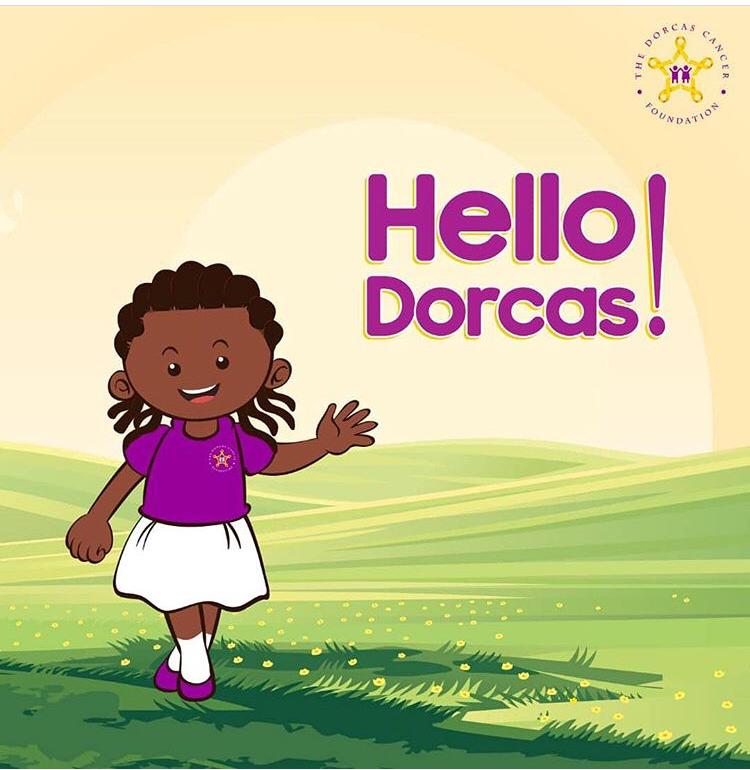The Dorcas Cancer Foundation, a non-profit organization committed to advancing childhood cancer care, has achieved a significant milestone with the successful completion of the second edition of its pioneering Pediatric Radiation Oncology (Virtual) Course, PedROC.
This groundbreaking initiative is designed to address the critical gap in accessing specialized training for pediatric cancer treatment in sub-Saharan Africa.
Closing the Gap in Pediatric Cancer Treatment Expertise
Since its inception in 2015, the Dorcas Cancer Foundation has been dedicated to improving childhood cancer care across Africa. The recently launched PedROC Africa program aims to bolster the expertise of healthcare professionals by providing specialized training in pediatric radiation oncology.
A Vision for Enhanced Childhood Cancer Outcomes
Korede Akindele, Head of Programs at The Dorcas Cancer Foundation and a board member of the International Society of Pediatric Oncology (SIOP), articulated the primary objective of the PedROC project.
He emphasized, “Our goal is to enhance childhood cancer outcomes in Nigeria and Sub-Saharan Africa by providing essential training opportunities to radiation oncology professionals in the region.”
Akindele, who also chairs the Young SIOP Network, highlighted how the program transcends geographical barriers, enabling virtual collaboration between seasoned experts and dedicated professionals on the continent.
Global Disparity in Pediatric Cancer Expertise
Stark statistics reveal that while nearly 80% of the world’s children reside in low and middle-income countries (LMICs), a mere 20% of pediatric cancer experts and resources are available in these regions.
The glaring discrepancy extends to childhood cancer survival rates, with LMICs witnessing a meager 30% survival rate, in stark contrast to the 80-90% survival rates observed in high-income countries.
Radiotherapy’s Pivotal Role
Radiotherapy constitutes a crucial aspect of multimodal cancer treatment for pediatric patients. The shortage of well-trained radiation oncology professionals poses a significant challenge, particularly with the projected rise in pediatric cancer cases.
The scarcity is exacerbated by the migration of healthcare professionals, compounded by the dearth of comprehensive training programs in pediatric radiation oncology.
Empowering Healthcare Professionals for Better Care
The shortage of skilled healthcare professionals, including radiation oncologists, medical physicists, therapy radiographers, pediatric anesthesiologists, and pediatric oncology nurses, has far-reaching consequences.
Limited access to well-trained experts often translates to delayed and suboptimal cancer treatment, ultimately impacting survival rates.
A Transformative Journey: PedROC’s Success
In 2021, the inaugural PedROC program saw participation from 257 oncology healthcare professionals across 20 African and South American countries. This success paved the way for the second edition, held in July 2023, which focused on Nephroblastoma, commonly known as Wilms Tumor.
The edition garnered registration from 404 professionals across 41 countries, highlighting the program’s growing importance.
Harnessing Technology to Bridge Gaps
Dr. Adedayo Joseph, a clinical radiation oncologist and founder of The Dorcas Cancer Foundation, emphasized the role of technology in overcoming training gaps.
“Technology has played a pivotal role in addressing the access-to-training gap. Experts have generously volunteered their time and knowledge, and organizations have rallied to support us.”
Paving the Way for Enhanced Pediatric Cancer Care
Ultimately, the PedROC program is poised to elevate expertise and improve outcomes for pediatric radiation oncology professionals in sub-Saharan Africa.
The Dorcas Cancer Foundation’s persistent efforts signify a substantial stride towards elevating childhood cancer care in the region, underscoring the transformative potential of collaborative virtual training.


